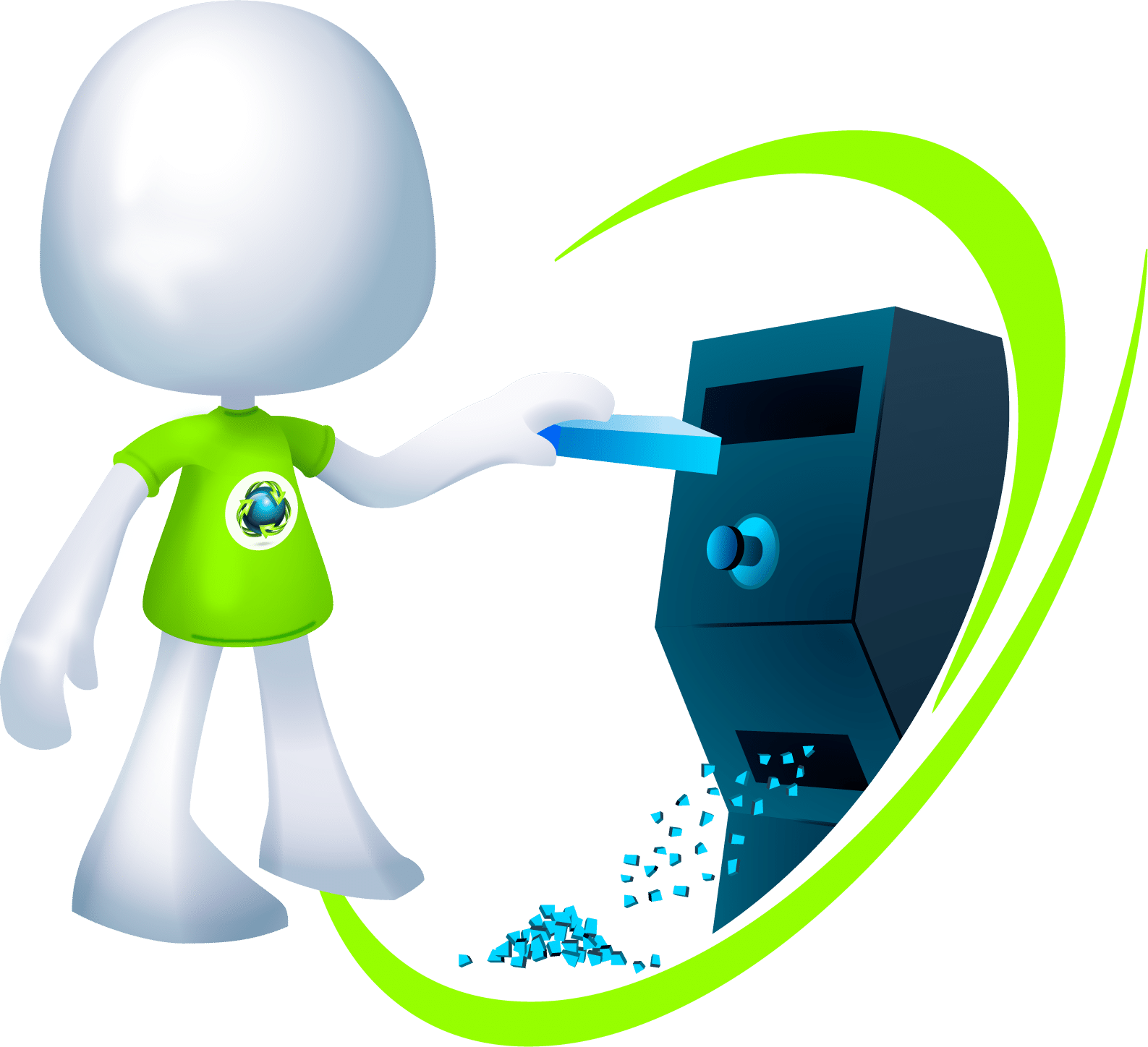Environmental News

On this page you can find:
Waste Electrical & Electronic Equipment (WEEE) Law Change
What are Persistent organic pollutants (POPs) and why should I care about them?
As a customer of WEEE-RecycleIT what action should I take to be compliant with the new law on POPs?
Why do you need this list and why won’t you take a booking without it?
I can get all my waste taken away for free elsewhere including all my broken screens and printers.
Waste Electrical & Electronic Equipment (WEEE) Law Change
Currently the hot topic is plastics and the huge impact they are having on public health and our environment. The Environment Agency (EA) have now released new legislation on the collection, treatment and disposal of plastic components found in Display Devices and Small Mixed WEEE which often contain high levels of hazardous chemicals and Persistent Organic Pollutants (POP’s). These toxins cause significant damage to our environment and pose a real risk to public health.
The Industry Council for Electronic Equipment Recycling (ICER), in cooperation with Defra and the Environment Agency (EA), recently investigated the presence of chemicals used as flame retardants in more than 2000 items of WEEE and confirmed they are present. These chemicals significantly affect the legal requirements that apply to these wastes and as a matter of urgency we are required by law to enforce a new reporting policy to the Environment Agency which will be implemented with immediate effect. Failure to comply with this new law will result in prosecution.
Below we have set out some guidance in a questions and answers format explaining why we need to make the changes and how we are incorporating them in our day to day activities.
What are Persistent organic pollutants (POPs) and why should I care about them?
Persistent organic pollutants are organic compounds that are resistant to environmental degradation through chemical, biological, and photolytic processes. In other words, they can’t be broken down using any form of treatment other than incineration. Because of their persistence, POPs bioaccumulate with potential adverse impacts on human health and the environment.
The science fully supports the detrimental effect that POPs pose to human health and as such they will need to be properly disposed of through licensed companies that have the technology and the correct processes to identify and separate out the POPs from non-hazardous recyclable plastic.
As a customer of WEEE-RecycleIT what action should I take to be compliant with the new law on POPs?
All you need to do is send a list of the equipment or a few photographs and a very brief description of the overall condition of it, paying particular attention to the quantity and type of display monitors (TFT/LCD or CRT) and printers.
We can no longer make the booking without a list or photos of the equipment. For example, a typical list we see would be set out as such:
- 50 x Computers – Working with hard drives removed
- 50 x Monitors flat screen – NOT CRT – Working
- 10 x Boxes of Keyboards, Mice and associated cabling
- 10 x Printers – Missing/low Toners
- …and we will do the rest.
Why do you need this list and why won’t you take a booking without it?
From your list we will be able to give the equipment a classification. This is very important to get correct and can only be one of two choices.
Asset Disposal
If the equipment is classified as asset disposal which is working or redundant equipment this is a free collection. Our current mode of operation for asset disposal is that all items collected by WEEE-RecycleIT are considered assets and as such we endeavour to reuse as much of the equipment as possible and any items that do not work or can’t be repaired are broken down and used as spare parts. Any waste that we produce in our operations is fully recycled in keeping with EA licensing and our zero to landfill policy.
Waste Disposal
If the equipment is classified as waste, a fee to cover the Environment Agency charges and recycle costs will apply. The Environment Agency will need to know about this equipment by the use of a Standard Consignment Note (SCN) for which the EA require payment and a Waste Transfer Note (WTN). The equipment can be collected but all Display Devices and Small Mixed WEEE can never be reused irrespective of whether it is fully working or not and must be sent to the correct licensed treatment facility.
This is why getting the classification correct to begin with will reduce your recycling costs and also the carbon footprint we present because all recycling must be delivered into an Approved Authorised Treatment Facility (AATF). All these facilities charge for the reporting to the EA and to process all the waste we deliver into them.
I can get all my waste taken away for free elsewhere including all my broken screens and printers.
If the collection of waste is offered for free by any recycling company it means they are absorbing the costs of the waste somehow which is very difficult to do on negative value waste. It is your responsibility to conduct due diligence on that company ensuring their licenses are in order and that correct reporting to the Environment Agency is being done using Standard Consignment Notes (SCN).
They will also need to prove the final destination of the waste and that they are not breaking the law by mishandling it. You too can be prosecuted if you fail to do so.
What measures are WEEE-RecycleIT taking to make ourselves and our customers compliant with the new laws?
We have always conducted our business in a fully compliant and ethical way. We pay to have all the correct licenses and insurances in place. We always ensure our downstream recycle companies are also licensed and these licenses are up to date by checking them annually on the Environment Agency public register. We also conduct site visits of these companies and meet with management. This helps us to maintain a high standard in what we do.
We have never sent any of our collected equipment to landfill or for export. We have never had a warning or advisory from any Environment Agency officer during our audits in all our years of being in the IT recycling business.
The new Environmental laws mean a small change in our reporting to the Environment Agency and a different pricing structure for waste disposal. We feel it is all our responsibility to stop putting our health and the environment at risk through poor recycling practices.
More Questions?
If you have any questions on how environmental policy effects your business.

